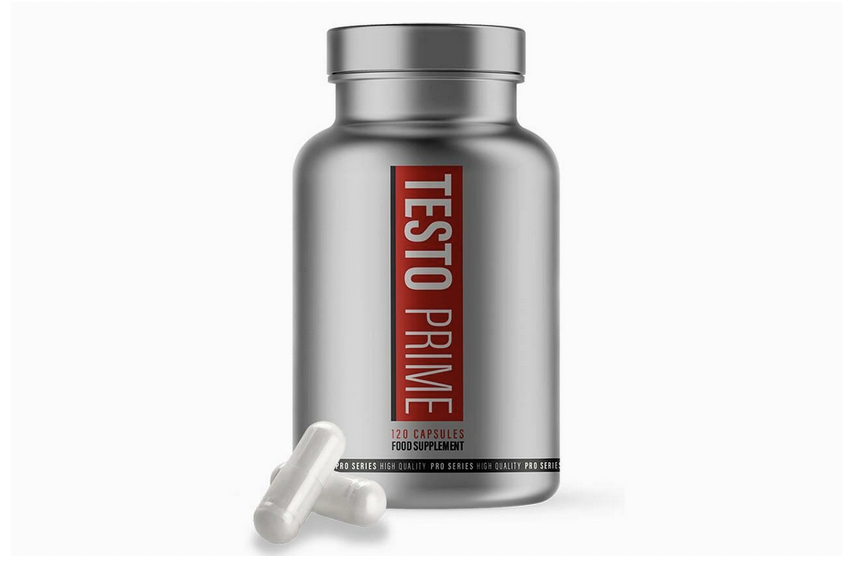
How Fast Can You Lose Water Weight?
Losing water weight rapidly can be a vital aspect of achieving your fitness and wellness goals. Whether you’re preparing for a special event or simply looking to feel lighter and more energized, understanding the art of shedding water weight can make a significant difference. In this comprehensive guide, we’ll explore various strategies and provide answers to frequently asked questions (FAQs) about how fast you can lose water weight.
How Fast Can You Lose Water Weight?
Losing water weight effectively requires a multi-faceted approach. Here, we’ll delve into strategies and tips to help you shed those extra pounds of water quickly and safely.
The Importance of Hydration
Maintaining proper hydration is crucial when aiming to lose water weight. Paradoxically, drinking more water can help your body release excess fluids by signaling that it is adequately hydrated, reducing the tendency to retain water.
Reducing Sodium Intake
High sodium intake can lead to water retention. Lowering your sodium intake, especially from processed foods and table salt, can have a rapid impact on shedding water weight timesofisrael.com.
Incorporating Diuretic Foods
Natural diuretic foods like cucumbers, watermelon, and asparagus can aid in eliminating excess water from your body. Including these in your diet can contribute to a significant loss of water weight.
Increasing Physical Activity
Engaging in physical activities that induce sweating, such as cardio exercises and saunas, can help you lose water weight by promoting fluid loss through sweat. Remember to stay hydrated during these activities to maintain a healthy balance.
Balance Electrolytes
When losing water weight, it’s essential to maintain the balance of essential electrolytes like potassium and magnesium. Foods like bananas and leafy greens can help replenish these vital minerals.
The Role of Hormones
Hormonal fluctuations, especially in women, can affect water retention. Understanding your hormonal cycle and making adjustments to your diet and exercise routine accordingly can help manage water weight.
The Importance of Sleep
Adequate sleep is crucial for regulating various bodily functions, including fluid balance. Aim for 7-9 hours of quality sleep to support your body’s natural processes.
Stress Management
Chronic stress can lead to water retention. Practice stress-reduction techniques like meditation and deep breathing to help your body release retained fluids.
Avoiding Crash Diets
Extreme dieting can cause your body to hold onto water weight as a survival mechanism. Instead, focus on gradual and sustainable changes to your eating habits.
Tracking Progress
Keep a journal to monitor your progress when attempting to lose water weight. This can help you identify which strategies work best for your body.
